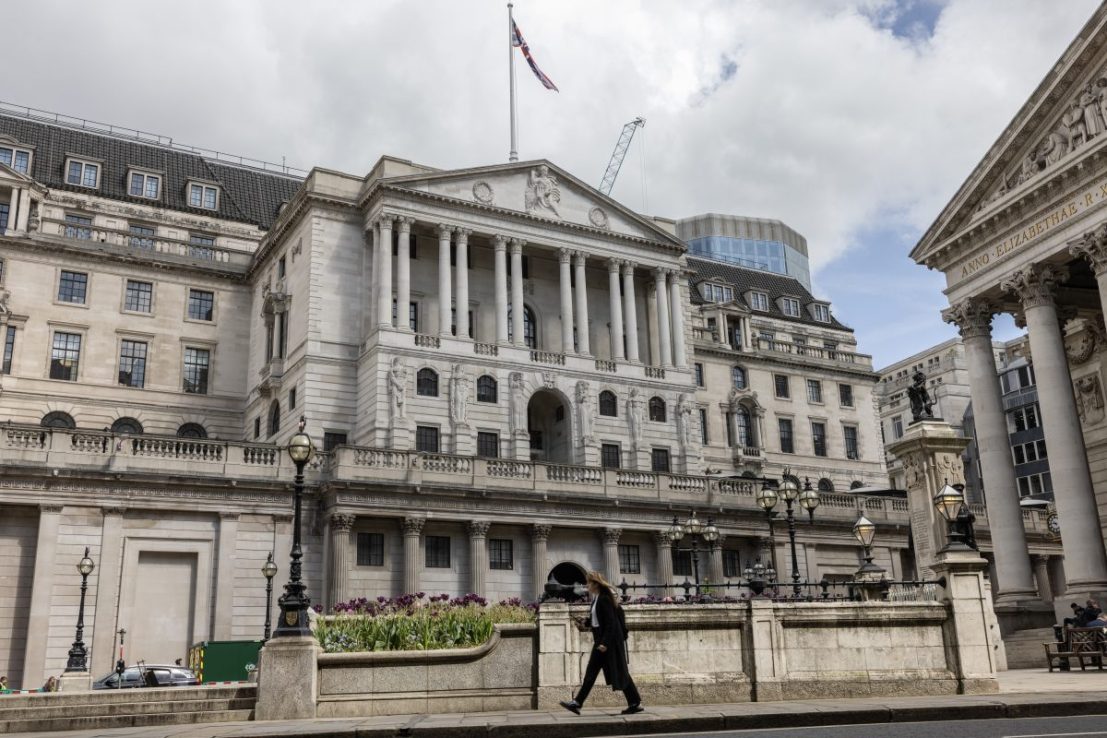Pay growth set to stay high in blow to Bank of England interest rate cut hopes
The Bank’s most recent Monetary Policy Report suggested that there needed to be a “moderation in pay pressures” to bring down services inflation, a key gauge of domestic inflationary pressures.


Firms expect pay growth to remain higher than the Bank of England would like over the next year in an indication of the challenges faced getting inflation back down to target.
Wage growth in the coming year is expected to average 5.2 per cent, according to chief financial officers surveyed by the Bank’s decision maker panel, which was unchanged on the previous month.
The survey showed that annual wage growth averaged 6.7 per cent in the three months to February, down 0.1 percentage points on the three months to January.
Persistent wage pressure is a major concern for the Bank as it considers when to start cutting interest rates.
The Bank’s most recent Monetary Policy Report suggested that there needed to be a “moderation in pay pressures” to bring down services inflation, a key gauge of domestic inflationary pressures.
Official figures show that annual wage growth averaged 5.8 per cent in the final quarter of last year. Although this is down from over eight per cent last summer, it is still some way being at levels consistent with the two per cent inflation target.
A tight labour market might also support wage growth. Estimates from the Office for National Statistics (ONS) suggest unemployment is actually lower than it was last summer, at 3.8 per cent.
The Bank held interest rates on hold for the fourth consecutive meeting last month. While policymakers all but confirmed that the next move in rates would be down, Huw Pill, the Bank’s chief economist, stressed last week that cuts were still “some way off“.
“I need to see more compelling evidence that the underlying persistent component of UK CPI inflation is being squeezed down to rates consistent with a lasting and sustainable achievement of the two per cent inflation target before voting to lower Bank Rate,” he said.
Despite stubborn wage pressures, the survey noted that “businesses expect their output price inflation to decline over the next year.” Businesses expect output prices to rise 4.3 per cent in the year ahead.


